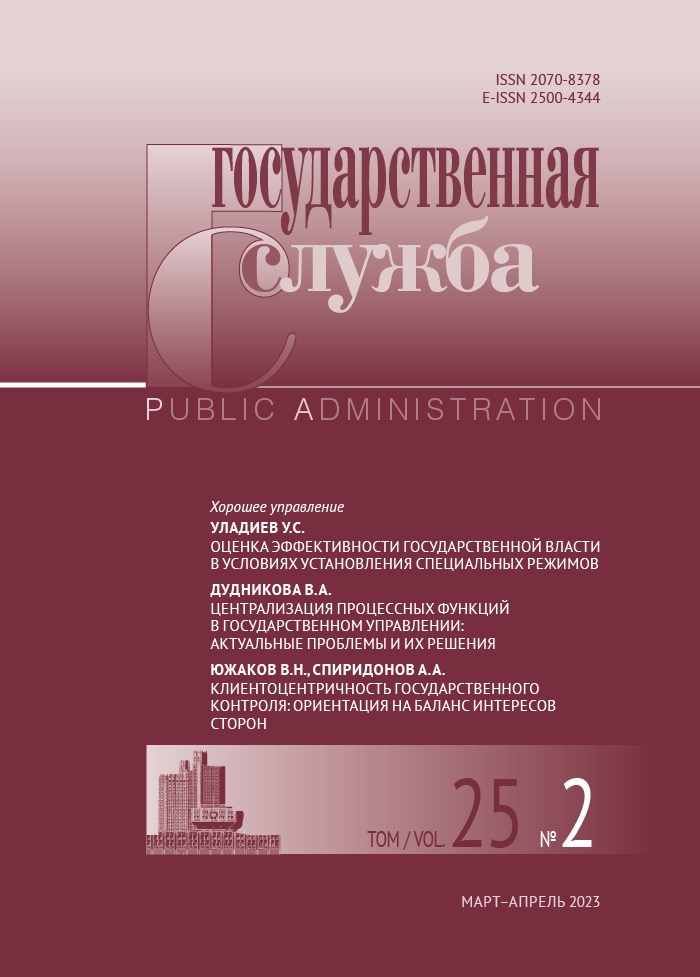Рекомендуемая ссылка на статью:
Раис Рашитович Алабердеева
аРоссийская академия народного хозяйства и государственной службы при Президенте Российской Федерации
DOI: 10.22394/2070-8378-2023-25-2-75-79
Аннотация:
В статье рассмотрены ключевые вопросы обеспечения безопасности страны из-за угроз, исходящих от стран Евросоюза, США и их союзников. Эти страны открыто заявляют, что сделают все, чтобы нанести России военное поражение на поле боя, а в последующем разделят страну на множество мелких государственных образований, чтобы Россия больше никогда не смогла возродиться. Основные цели этих государств включают захват рынков сбыта своей продукции и российских природных ресурсов. Для достижения своих целей данные страны вводят различные односторонние противозаконные санкции, устраивают террористические акты, прокси и гибридные войны. Они не принимали прямого участия в этих действиях до событий в Украине. В основном в военных действиях принимают участие наемники и военнослужащие из стран, входящих в блок НАТО, под видом добровольцев. От прямого вторжения указанных стран удерживает только наличие у России атомного и новых видов оружия, которые отсутствуют у них. Учитывая изложенные факторы, для противодействия угрозам, исходящим от стран Евросоюза, США и их союзников, автор предлагает перевести экономику страны на мобилизационную модель развития с последующим внедрением стратегического планирования. Автор рассказывает о преимуществах мобилизационной модели экономики на примере других стран и определяет условия перехода к мобилизационному экономическому развитию.
Ключевые слова:
мобилизационная модель, неоколониализм, плановая экономика, миропорядок, угрозы, глобальные вызовы, приватизация
Дата поступления статьи в редакцию:
9 марта 2023 года
Литература:
Абалкин Л.И. Российская школа экономической мысли: поиск самоопределения. М.: Ин-т экономики РАН, 2000.
Баканов А.С. Мобилизационная модель развития советского общества: проблемы теории и историографии. Вестник Челябинского государственного университета. 2013. № 18. История. Вып. 56.
Мобилизационная модель экономики: исторический опыт России ХХ века: Cборник материалов Всероссийской научной конференции / под ред. Г.А. Гончарова, С.А. Баканова. Челябинск: ООО «Энциклопедия», 2009.
Фонотов А.Г. Россия: от мобилизационного общества к инновационному. М., 1993.
Статьи в режиме Open Access публикуются в соответствии с лицензией Creative Commons Attribution 4.0 International (CC BY).

